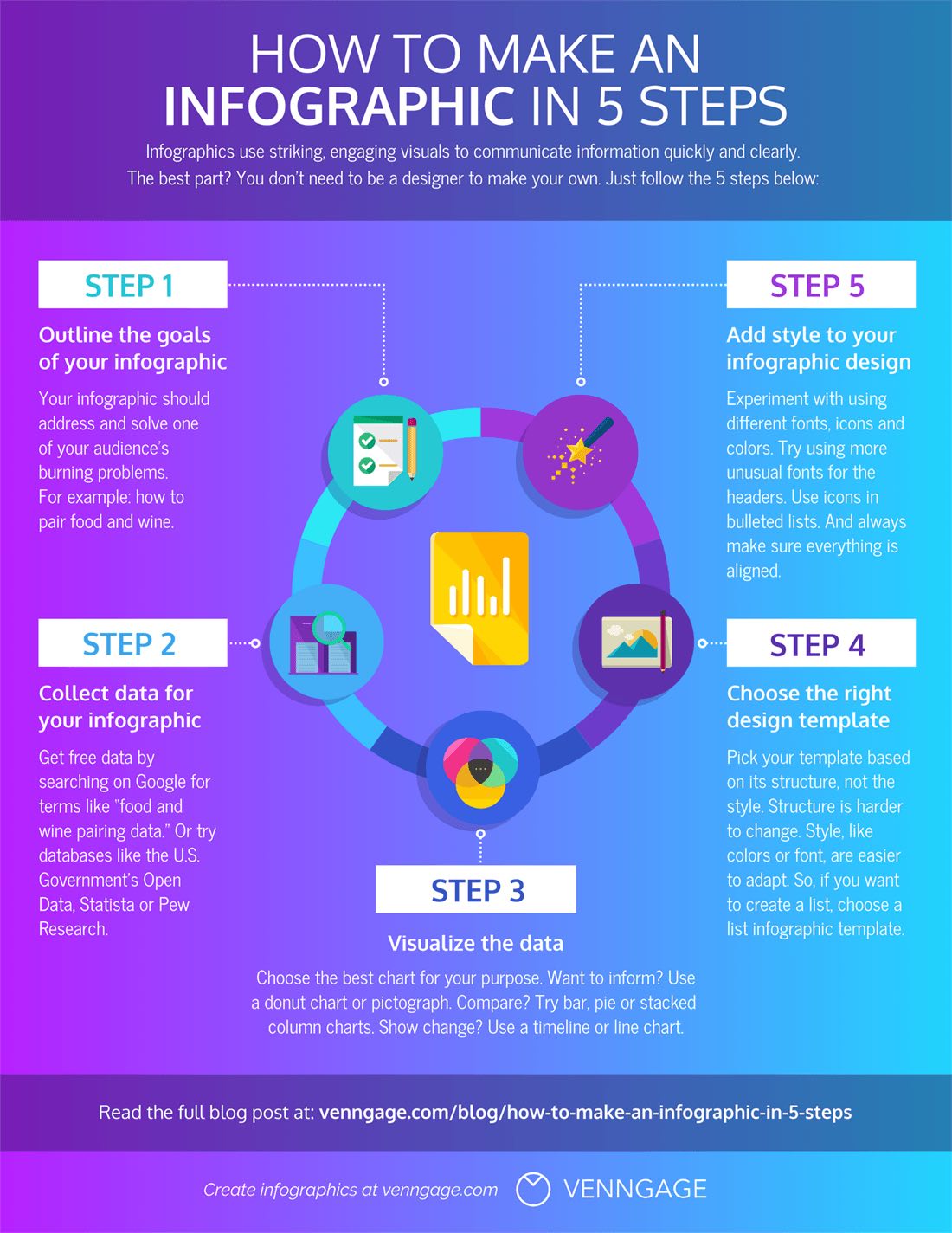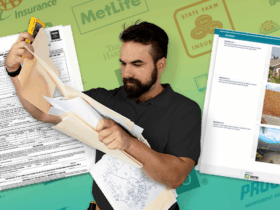Homeowners insurance is a cornerstone of financial security for homeowners across the United States. It’s a safety net that protects not only your physical dwelling but also your personal belongings and financial well-being in the face of unforeseen events. Understanding the nuances of homeowners insurance is crucial for every homeowner, whether you’re a first-time buyer or a seasoned property owner. This guide provides a comprehensive definition of homeowners insurance, outlines what it covers, and offers insights to help you make informed decisions about your coverage.
What is Homeowners Insurance?
Homeowners insurance, often abbreviated as HOI, is a type of property insurance that protects a private residence. It’s a package policy, meaning it covers multiple risks under a single contract. This typically includes damage to the home’s structure, personal possessions inside the home, and liability protection in case someone is injured on your property. In essence, it’s designed to provide financial compensation if your home or belongings are damaged or destroyed by covered perils, or if you’re held liable for injuries or damages to others.
It is important to understand that homeowners insurance is different from mortgage insurance. Mortgage insurance protects the lender in case you default on your loan, while homeowners insurance protects you, the homeowner.
What Does Homeowners Insurance Cover?

A standard homeowners insurance policy typically includes several key coverages:
Dwelling Coverage: This part of the policy protects the physical structure of your home, including the walls, roof, floors, and built-in appliances. It covers damage from covered perils like fire, windstorms, hail, and vandalism.
Personal Property Coverage: This covers your personal belongings inside the home, such as furniture, clothing, electronics, and appliances. Most policies cover these items on a replacement cost basis, meaning you’ll receive the current market value of the item, allowing you to buy a new replacement.
- Many policies also offer “actual cash value” coverage, which factors in depreciation.
Liability Coverage: This protects you if someone is injured on your property and you’re found legally responsible. It covers medical expenses, legal fees, and any settlements or judgments against you.
Loss of Use Coverage: If your home is damaged to the point where it’s uninhabitable due to a covered peril, this coverage pays for additional living expenses, such as hotel bills, restaurant meals, and other costs you incur while your home is being repaired.
Other Structures Coverage: This covers structures on your property that aren’t attached to your house, such as garages, sheds, fences, and decks. It’s typically a percentage of your dwelling coverage.
Common Perils Covered by Homeowners Insurance

Homeowners insurance policies typically list specific perils, or causes of loss, that are covered. The most common perils include:
- Fire and lightning
- Windstorm and hail
- Vandalism and malicious mischief
- Theft
- Explosions
- Damage from vehicles
- Falling objects
- Weight of ice, snow, or sleet
- Water damage (from burst pipes or accidental discharge)
- Riots and civil commotion
It’s important to note that most policies exclude certain perils, such as earthquakes, floods, and acts of war. You may need to purchase separate policies for these risks, if required. Homeowners insurance usually will not cover damage from earthquakes, floods, sinkholes, and natural events, or something you could have prevented like a sewer overflow.
Factors Affecting Homeowners Insurance Costs

Several factors influence the cost of your homeowners insurance premium:
- Location: Homes in areas prone to natural disasters or with high crime rates typically have higher premiums.
- Coverage Amount: The more coverage you need, the higher your premium will be.
- Deductible: The deductible is the amount you pay out-of-pocket before your insurance coverage kicks in. A higher deductible usually means a lower premium, and vice versa.
- Age and Condition of Home: Newer homes in good condition generally have lower premiums than older homes with outdated systems.
- Claims History: If you’ve filed multiple claims in the past, your premium may be higher.
- Credit Score: In some states, insurance companies use credit scores to assess risk, with lower scores potentially leading to higher premiums.
- Discounts: Many insurance companies offer discounts for things like having a security system, being a long-time customer, or bundling your homeowners and auto insurance policies.
Choosing the Right Homeowners Insurance Policy
Selecting the right homeowners insurance policy requires careful consideration. Start by assessing your needs and determining the appropriate coverage amounts for your dwelling, personal property, and liability. Get quotes from multiple insurance companies and compare their coverage, deductibles, and premiums. Read the fine print of each policy to understand what’s covered and what’s excluded. Consider working with an independent insurance agent who can help you navigate the options and find the best policy for your individual circumstances.
Do I Need Homeowners Insurance After I Pay Off My Mortgage?
While homeowners insurance may be required as a condition of your mortgage, many wonder if it’s still necessary after the mortgage is paid off. Even after you fully own your home, maintaining homeowners insurance is crucial to protect your investment. It shields you from significant financial losses due to unexpected events like fire, theft, or liability claims. Without insurance, you’d bear the full cost of repairs, replacements, or legal settlements, which could be financially devastating. Homeowners insurance provides peace of mind, ensuring your home and assets are protected, regardless of your mortgage status.
Conclusion
Homeowners insurance is an essential investment for protecting your home, belongings, and financial future. By understanding what homeowners insurance covers, the factors that influence its cost, and how to choose the right policy, you can make informed decisions to ensure your home is adequately protected against the unexpected. Take the time to research your options, compare quotes, and find a policy that meets your specific needs and budget. Remember, homeowners insurance isn’t just a requirement; it’s a vital safeguard for your most valuable asset.





Leave a Reply